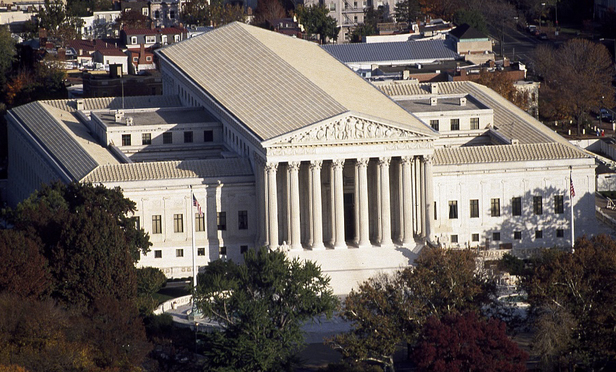Article III of the Constitution is the gatekeeper of the federal courts. One of Article III’s limitations on federal jurisdiction is the standing doctrine—in short, the requirement that any litigant be able to demonstrate that he or she has been injured in some way. Under longstanding U.S. Supreme Court precedent, a plaintiff must have suffered a harm that is actual, distinct and concrete in order to have standing. An attenuated or hypothetical injury is insufficient and does not constitute an “injury-in-fact.”
The court heard argument Nov. 2 in Spokeo v. Robins, No. 13-1339, an appeal from the U.S. Court of Appeals for the Ninth Circuit raising the question whether Congress may create an “injury-in-fact” simply from the violation of a federal statute. In this case, Congress authorized a private cause of action based on the violation of the Fair Credit Reporting Act (FCRA), which regulates the use of credit information by consumer reporting agencies. Following an alleged violation of the FCRA, the plaintiff filed a lawsuit against Spokeo Inc.
This content has been archived. It is available through our partners, LexisNexis® and Bloomberg Law.
To view this content, please continue to their sites.
Not a Lexis Subscriber?
Subscribe Now
Not a Bloomberg Law Subscriber?
Subscribe Now
LexisNexis® and Bloomberg Law are third party online distributors of the broad collection of current and archived versions of ALM's legal news publications. LexisNexis® and Bloomberg Law customers are able to access and use ALM's content, including content from the National Law Journal, The American Lawyer, Legaltech News, The New York Law Journal, and Corporate Counsel, as well as other sources of legal information.
For questions call 1-877-256-2472 or contact us at [email protected]



